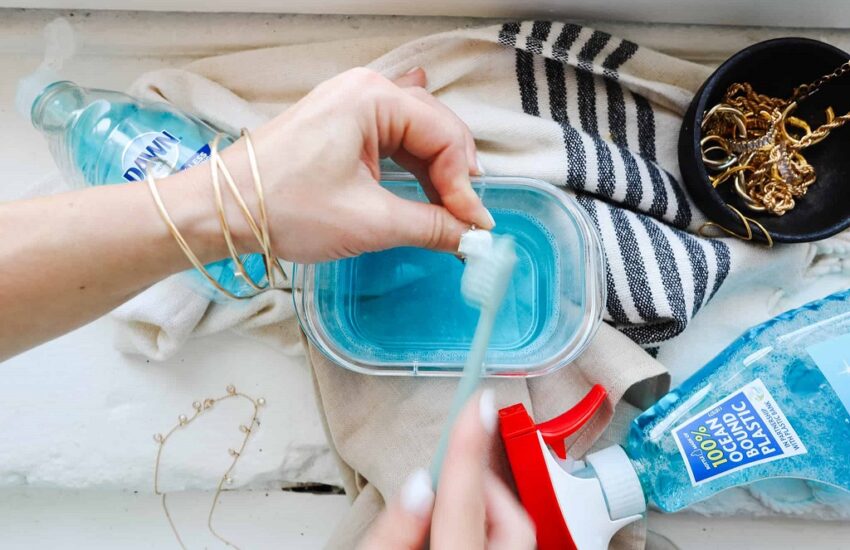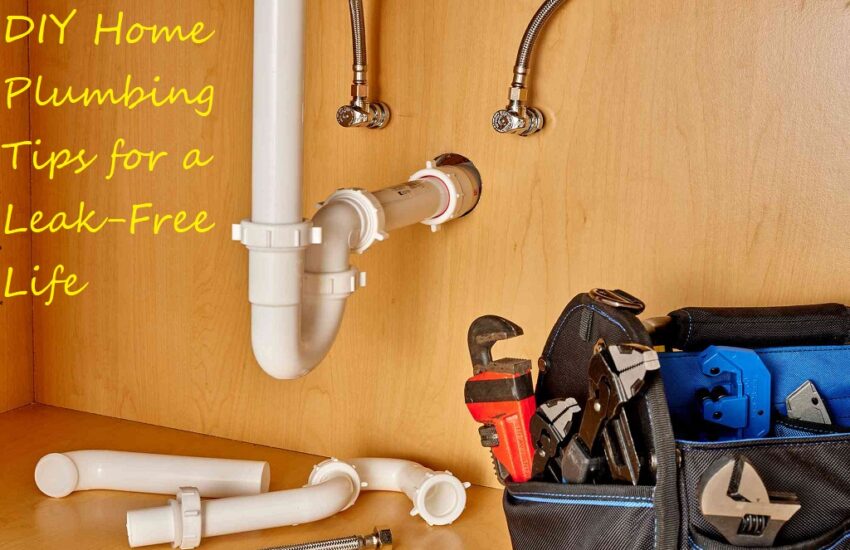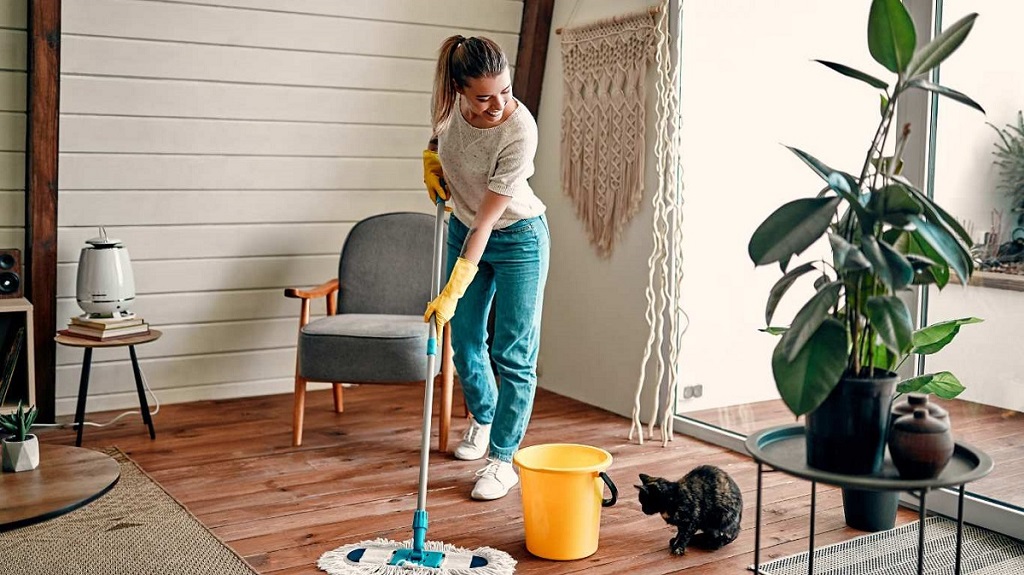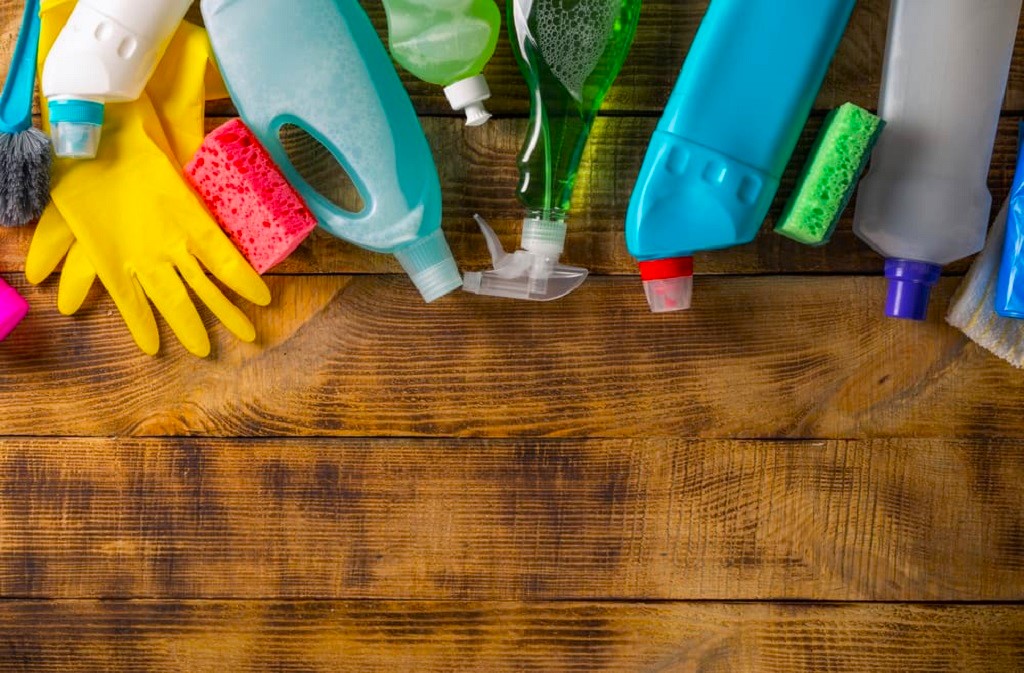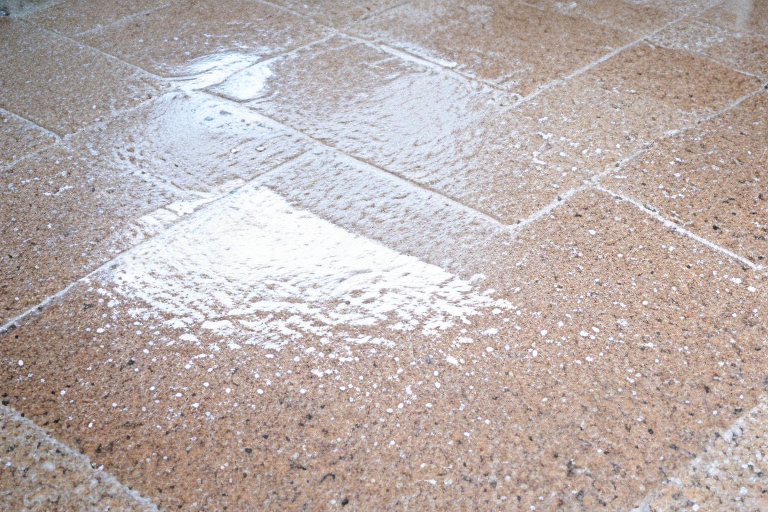As the world embraces sustainable energy solutions, an increasing number of homeowners are turning to solar power to meet their energy needs. Installing solar panels is a significant investment, and to maximize returns, it’s essential to keep the system in optimal condition. Regular maintenance not only ensures the longevity of your solar panels but also enhances their efficiency. In this comprehensive guide, we will explore various do-it-yourself (DIY) solar panel maintenance tasks that homeowners can undertake to keep their solar power systems running smoothly.
Solar Panel Cleaning: A Fundamental Task
One of the most critical aspects of solar panel maintenance is regular cleaning. Over time, dust, dirt, and other pollutants can accumulate on the surface of solar panels, reducing their ability to absorb sunlight. Cleaning solar panels is a straightforward DIY task that can significantly impact their performance.
To clean your solar panels:
- Use a Soft Brush or Cloth: Gently scrub the surface of the panels with a soft brush or cloth to remove loose dirt and debris.
- Mild Detergent Solution: For more stubborn stains, mix a mild detergent with water and clean the panels using a soft sponge.
- Rinse Thoroughly: After cleaning, rinse the panels with water to ensure no soap residue remains.
Performing this simple cleaning routine every few months can help maintain optimal solar panel efficiency.
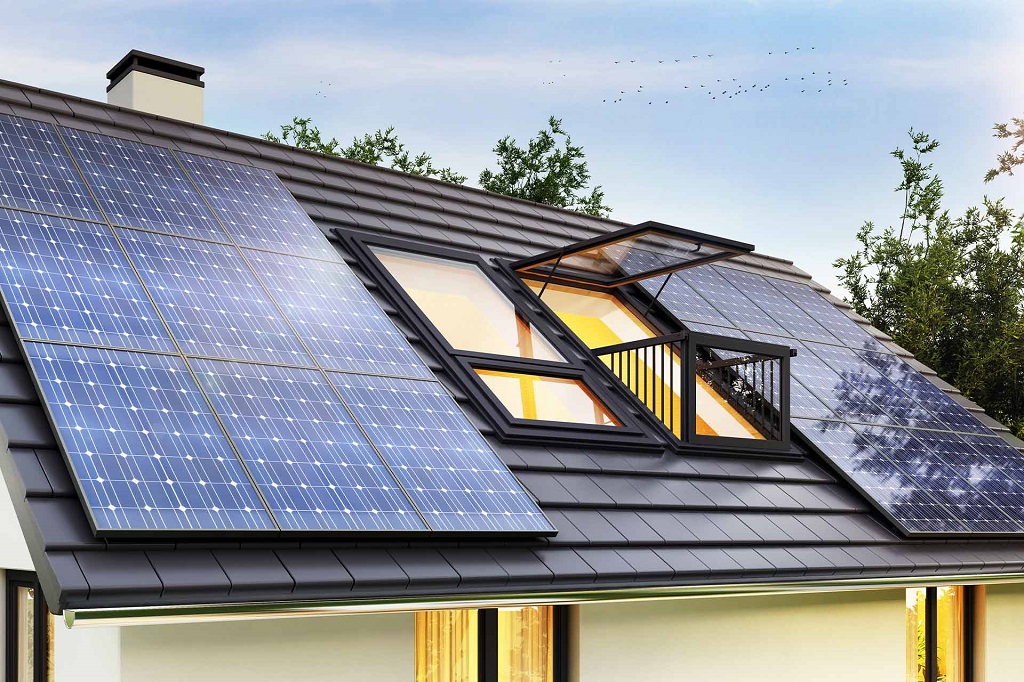
Photovoltaic Maintenance: Beyond Cleaning
While cleaning is crucial, photovoltaic maintenance involves a broader set of tasks to ensure the overall health of your solar power system.
1. Panel Inspection:
Regularly inspect your solar panels for any visible damage, such as cracks or discolouration. Addressing these issues promptly can prevent further damage and maintain the system’s efficiency.
2. Dust Removal from Solar Panels:
Apart from routine cleaning, be proactive in removing dust. Use a blower or a can of compressed air to dislodge fine particles that may accumulate between cleaning sessions.
3. Solar Array Upkeep:
Check the mounting structure and frame of your solar array. Tighten any loose bolts or nuts and ensure that the panels are securely attached to the mounting system.
4. Inverter Servicing:
The inverter is a critical component of your solar power system. Regularly check its display for error messages and ensure proper ventilation to prevent overheating.
5. Bird Deterrent for Solar Panels:
Bird droppings can affect the performance of solar panels. Install bird deterrents such as spikes or nets to keep birds away from your solar array.
6. Weatherproofing Solar Installations:
Inspect seals and gaskets for signs of wear. Replace any damaged or deteriorated components to prevent water infiltration.
7. Corrosion Prevention in Solar Systems:
For homes in coastal areas or regions with high humidity, corrosion is a concern. Apply a corrosion-resistant coating to metal components to protect against the corrosive effects of salt or moisture.
8. Regular Solar Checks:
Establish a routine for checking your solar power system. Regular inspections can help identify issues early and prevent major problems.
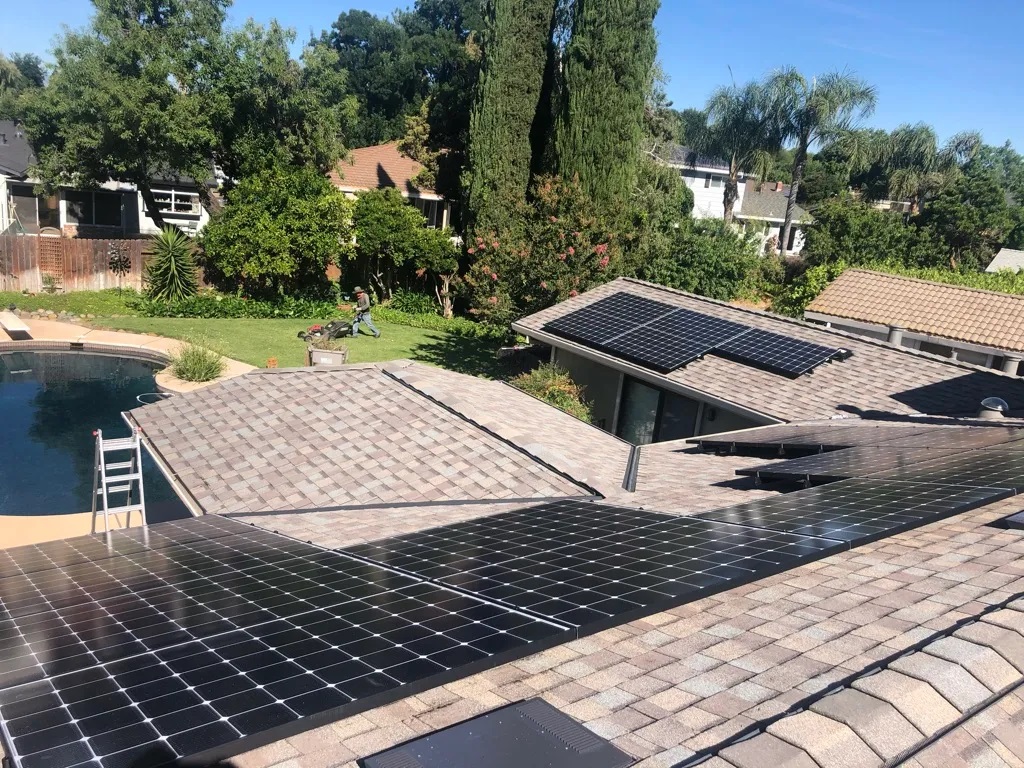
Rainwater Drainage for Solar Panels: Managing Water Runoff
Proper rainwater drainage is essential to prevent water buildup on solar panels. Ensure that the installation allows rainwater to flow freely, preventing the formation of puddles that can impede sunlight absorption.
Solar Power System Care: Going Beyond Panels
Maintaining your solar power system involves more than just cleaning and inspecting panels. Consider the following aspects:
1. Performance Optimization:
Monitor your system’s performance using the data provided by your inverter or a dedicated monitoring system. Identify any deviations from expected performance and address them promptly.
2. Solar Module Cleaning:
Clean the undersides of solar panels to remove accumulated dirt and debris. While this is not as critical as cleaning the top surface, it contributes to overall system efficiency.
3. Pest Control for Solar Arrays:
Implement measures to control pests around your solar panels. Rodents and insects can cause damage to wiring and other components.
4. Annual Solar Panel Service:
Consider scheduling an annual professional service to ensure a thorough inspection of your solar power system. Professionals can identify potential issues that may go unnoticed during routine DIY maintenance.
5. UV Protection for Solar Cells:
While solar panels are designed to withstand UV radiation, applying a protective coating can offer an extra layer of defence against long-term damage.
Monitoring Solar Efficiency: Stay Informed
Regularly monitor the efficiency of your solar power system to ensure that it meets performance expectations. This involves tracking the energy output and comparing it to historical data.
Solar Panel Lifespan Extension: Preserving Your Investment
Implementing a comprehensive maintenance plan can significantly extend the lifespan of your solar panels. Considering the initial cost of installation, maximizing the longevity of your system is a wise investment.
Professional Solar Maintenance: When to Seek Expert Help
While many maintenance tasks can be performed by homeowners, some aspects of solar panel care may require professional assistance. If you encounter complex issues or if your system is still under warranty, it’s advisable to consult with a qualified solar technician.
Debris Removal from Solar Modules: Protecting Against Obstructions
Apart from routine cleaning, be vigilant about removing any debris that may accumulate on your solar panels. Trim nearby trees to prevent leaves and branches from obstructing sunlight.
Snow Removal for Solar Panels: Clearing the Path for Sunlight
If you live in a snowy climate, it’s essential to remove snow from your solar panels during the winter months. Use a soft brush or a snow rake with a long handle to gently clear the snow without damaging the panels.
Environmental Impact Mitigation for Solar: Sustainable Practices
As advocates of clean energy, homeowners must adopt environmentally friendly practices when maintaining their solar power systems. Dispose of cleaning agents responsibly, and consider using eco-friendly products.
FAQs on DIY Solar Panel Maintenance
How often should I clean my solar panels?
Regular cleaning is essential for optimal performance. Aim for cleaning every three to six months, depending on your local climate and environmental factors.
Can I repair a cracked solar panel myself?
While small cracks might be repairable with DIY kits, it’s recommended to consult a professional for comprehensive repairs. Safety should be a top priority.
What impact do bird droppings have on solar panels?
Bird droppings can reduce energy production. Clean panels promptly and consider preventive measures like bird deterrents to minimize the risk.
Is it necessary to turn off my solar panels during maintenance?
Turning off your solar panels during maintenance is advisable for safety reasons. Consult your system’s manual or a professional for proper shutdown procedures.
Can I install solar panels in shaded areas?
While partial shading is acceptable, excessive shade can impact efficiency. Evaluate shading patterns before installation and consider shade-tolerant panel technologies.
Are there government incentives for solar panel maintenance?
Some regions offer incentives for solar panel maintenance, such as tax credits or rebates. Check with local authorities to explore potential benefits.
Empowering Homeowners in Solar Maintenance
Regular DIY solar panel maintenance is key to ensuring the longevity and efficiency of your solar power system. From simple cleaning routines to comprehensive inspections, each task plays a crucial role in preserving your investment and contributing to a sustainable future. Transform your home into a sanctuary of sustainability! From leak-free plumbing to harnessing solar power, take charge with DIY Home Plumbing Tips and elevate your green living game, following the guidelines in this article

